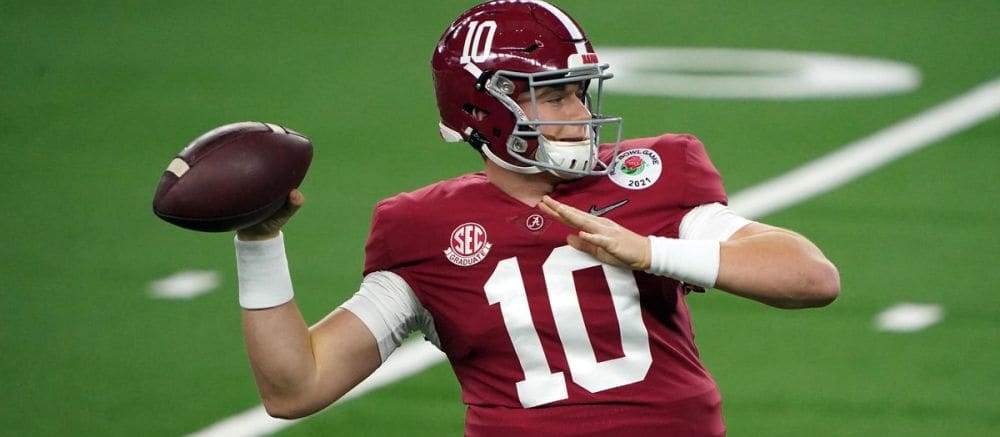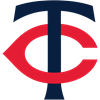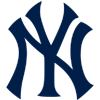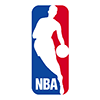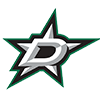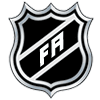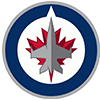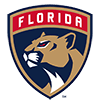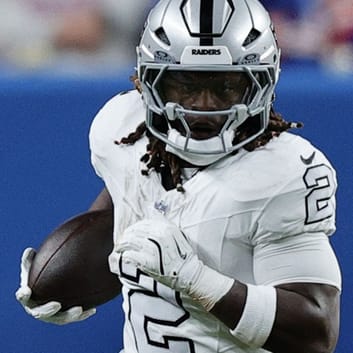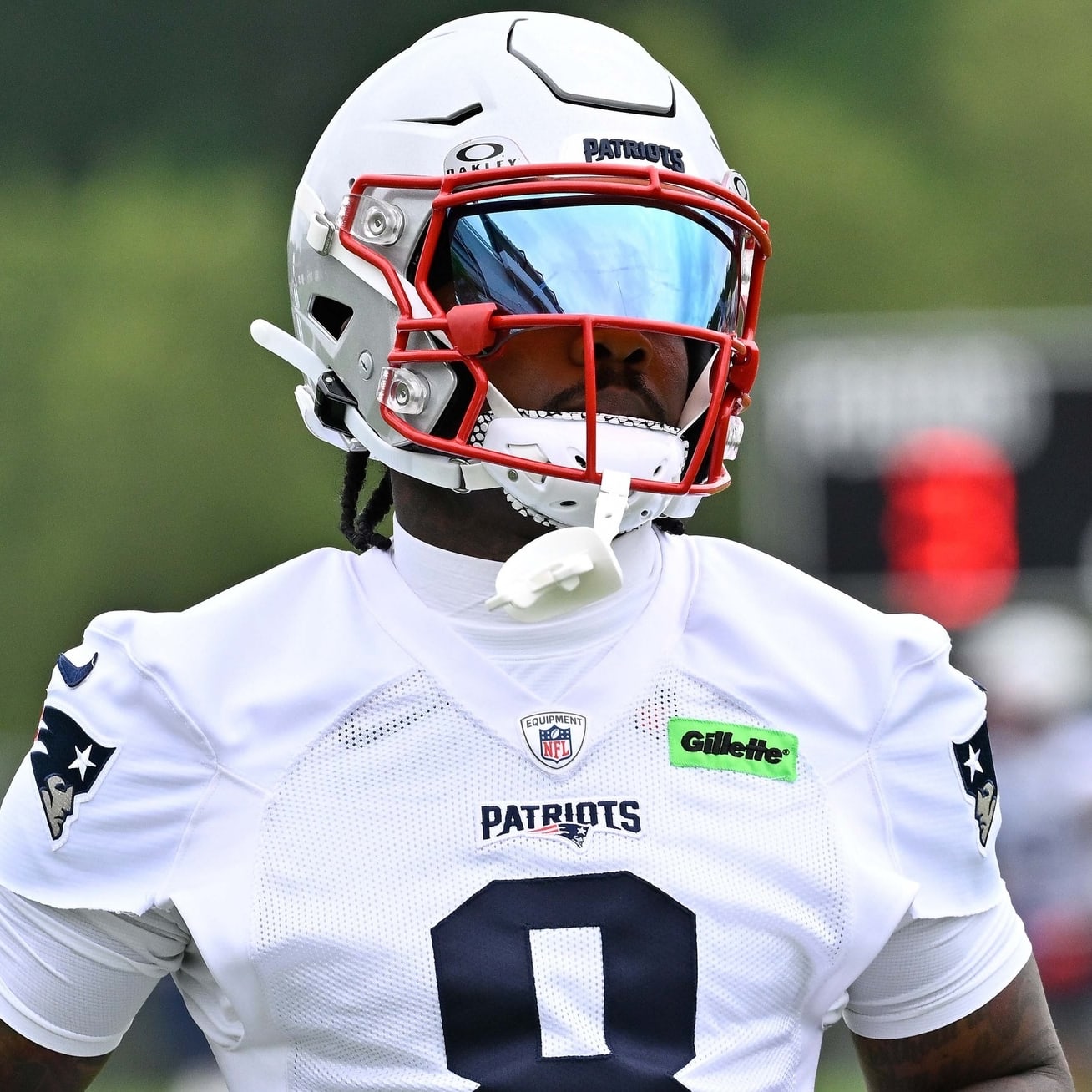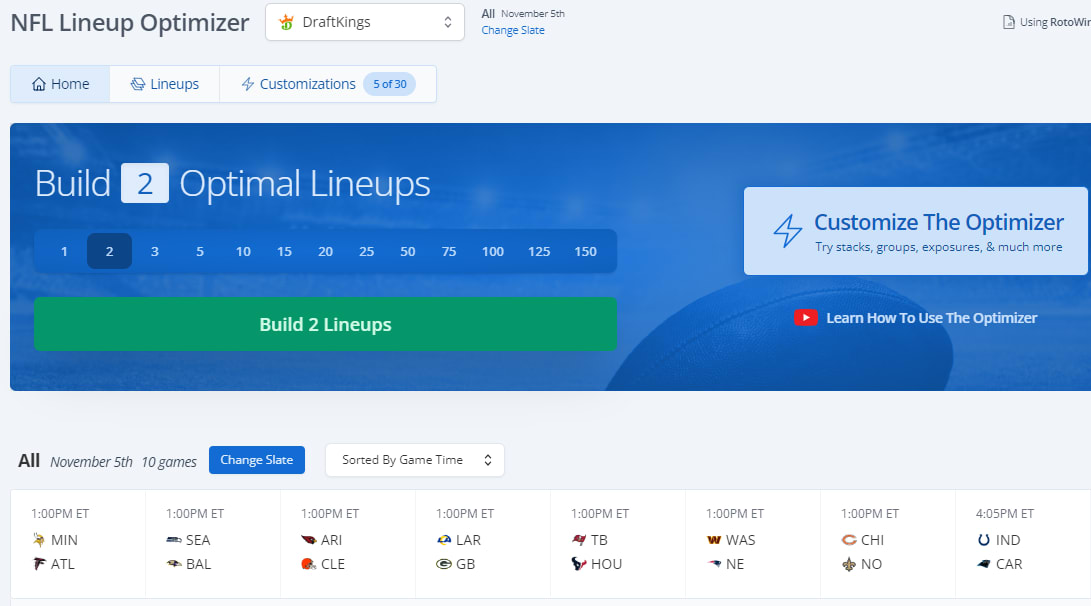Here are eight assorted takes of varying novelty and heat on the 2021 NFL Draft.
-Mac Jones is more likely to fall out of the first round than go in the top five picks. There are off-field concerns with Jones that haven't gotten the level of mainstream acknowledgment that would normally occur with a prospect of his visibility, which in my opinion means there is a collection of league interests who want Jones portrayed more favorably than they actually regard him. The top three hype was a separate ridiculous issue, but a second strike all the same in a media pattern of hyping Jones to unreasonable and unprecedented extents. To be clear I'm not saying the media are in on it – I'm guessing the media are getting worked by their sources. But something stinks!
-DeVonta Smith will be a good starter, even if he adheres to no precedent before or after him. The currency of prospect capital functions less like rotisserie scoring and more like points scoring. Or at least, it's more like a modified version of rotisserie scoring where you can go over the maximum number of points in a category. A well-rounded player is always nice, but if a player is deficient in some area it doesn't necessarily matter if they have enough ability in other areas. It's like how Derrick Henry isn't 'quick enough' and earns a low point figure for the quickness category, but to keep with the rotisserie scoring analogy, he generates 20 points in a 12-team league for the size-adjusted speed category. Certain thresholds can tip and renegotiate the entire formula, and Smith's incomparable production at Alabama gives reason to suspect his skill set element is compelling to the point that it renders his physical limitations moot.
Then again, there might be a fairly solid precedent for a player of Smith's traits to succeed as an NFL starter. According to the site NFLCombineResults.com, Isaac Bruce weighed in at the 1994 Combine at 5-foot-11 and ½ and 173 pounds. Which is to say, 6-foot, 173 pounds. Now, it's true that the NFL has gotten bigger and faster since then, and it might be fair to wonder if Bruce would fare more poorly in 2021 than he would in 1995, but it's objectively true that the NFL was a much more violent game in Bruce's time and even with that frame he was a Hall of Fame-level producer. Forget about illegal contact – the NFL barely enforced pass interference rules compared to how they do now, and head-hunting was of course out of control. Perhaps Bruce's skinny frame is what made some of his NFL targets fall incomplete, but he obviously belonged anyway.
-Kylin Hill will be roughly as good as Javonte Williams, but neither is a better prospect than Zack Moss was. Sometimes I'll speak in hyperbole and come across as literal when I'm just trying to be obnoxious toward something I find likewise, and Williams is a player who's caught the brunt of that at times this offseason. In mocking the most hysterical narratives I've probably come across as a doubter of Williams, which is a shame, because I think he's a good player and a totally decent Day 2 pick in this upcoming draft. If he emerges as a good starting running back in the NFL it would be far from surprising. These concessions do nothing to appease the main horde of the online draft/dynasty community, however. The online dynasty community has a Neo every year or two – an unlikely but long-prophesied flame to break up this dreary fog we're trapped in – and tinkering with the prophecy is deeply upsetting for those invested. Williams is their Neo this year.
The prophecy stated that at 5-10, 220 Williams would be the big-play workhorse long hoped for, more exciting than Najee Harris and more burly than Travis Etienne -- the next Nick Chubb! – and lo, our proprietary broken tackle metric smiled upon this offering. Then Williams weighed in at 212 – 15 pounds lighter than Chubb and three pounds lighter than Etienne – which would seem to contradict the prophecy somewhat. The devoted weren't deterred, however, not by that and not by the 4.57-second 40 time from Williams' pro day. Hill ran a 4.57 at two pounds heavier at his pro day but can't seem to get any attention, meanwhile.
Like Williams, Hill is a productive back with three-down skills and a penchant for breaking tackles. That was Moss at Utah, and at 5-9, 223 with a 4.65 40 at the combine, Moss' size-adjusted speed is comparable to those two as well. Moss looks like a pretty good player, and luckily no one is trying to hype him up as more than that.
-Anthony Schwartz will prove a better prospect than Kadarius Toney. Schwartz is generally written off as a Workout Warrior because he's an accomplished track athlete, but that's a mistake. Even if Schwartz is raw, it's only that much more a testament to his natural ability because his production at Auburn is quite clean even though he was playing with an age and experience disadvantage. Schwartz's pass-catching production was above baseline in each of his three Auburn seasons, yet he won't turn 21 until September. Schwartz raised his yardage share of the Auburn passing game the last three years from 12.3 to 16.3 to 30.0, whereas Toney was nearly 22 years old before he secured more than a 9.4 percent share of the Florida receiving yardage. When weighing the two as prospects, one can think highly of Toney while still acknowledging that with 4.27 speed Schwartz has a superior trajectory.
-Both Nico Collins and Tamorrion Terry will prove better big wideout prospects than Michael Pittman and Denzel Mims. Pittman and especially Mims will probably be good from the 2020 class, but as a tandem Collins and Terry are better I think. Neither Collins nor Terry have perfectly clean profiles – Collins' volume was unimpressive at Michigan and Terry's catch rates were poor at Florida State – but they have enough standout traits to overrule their concerns.
Collins (6-4, 215) is one of the most athletic receivers in the draft, boasting a 4.45-second pro day 40 to go with a 37.5-inch vertical, 125-inch broad jump, 6.79 three cone and 4.32 20-yard shuttle. That downfield athleticism showed up in his box score, where over his age-19.5 to 20.5 seasons he caught 75 of 122 targets for 1,361 yards and 13 touchdowns in 25 games. That's a 61.5 percent catch rate at 11.2 yards per target in an offense that completed 59.9 percent of its passes at 8.0 yards per attempt. It's concerning that Collins only drew a 16.6 percent of Michigan's targets, but the fact that he outplayed the Michigan baseline (1.6 catch percentage points, 3.2 yards per attempt) and tested so well athletically gives reason to think he would have drawn a higher target share if Michigan's quarterbacks were better at throwing downfield. Plus, Collins outproduced Donovan Peoples-Jones at Michigan, and in hindsight Peoples-Jones might have been worth a third or fourth-round pick in the most recent draft.
Terry (6-3, 207) has a messier profile than Collins but shows rare downfield ability that could carry his whole game. Although Terry probably has no better than average hands and could have caught more of his targets, the damage he does on his impact plays carries his utility back into the black. In 31 career games he caught 118 of 221 targets for 2,221 yards and 18 touchdowns, good for a catch rate of 53.4 at 10.1 yards per target in an offense that completed 60.2 percent of its passes at 7.3 yards per attempt. His catch rate was 6.8 points below baseline, but it's overruled by his YPT being 2.8 yards per attempt above baseline.
Not only did Terry produce 2.8 more yards per target than the Florida State baseline, he generated 37.5 percent of their passing touchdowns just 20.7 percent of the targets. His ability to break a defense downfield demands safety help over the top, and it's a trump card that could overrule where there might be limitations in other parts of his game.
-If there's a Darnell Mooney in this draft it's probably Jaelon Darden. Mooney was generally disregarded going into the 2020 draft, but his production and athletic profile were conventionally strong and that ended up mattering more than his small build or small school background. Darden is smaller yet at 5-8, 174, yet he should prove viable for NFL routes thanks to well-rounded athletic testing. With a 4.46 40, 35.5-inch vertical, 122-inch broad jump, 6.67-second three cone and 4.1-second 20-yard shuttle, Darden's athletic profile is similar to Isaiah McKenzie. Darden's collegiate production implies a skill level much higher than McKenzie's, though – Darden posted big volume at high efficiency at North Texas, whereas McKenzie was more of an explosive role player at Georgia. In 2020 Darden caught 74 of 118 targets for an absurd 1,190 yards and 19 touchdowns, which is a catch rate of 62.7 percent at 10.1 yards per target in an offense that completed 54.5 percent of its passes at 8.6 yards per attempt. Not only did Darden outplay the team baseline by 8.2 catch percentage points and 1.5 yards per attempt, but he was responsible for 46.4 percent of the receiving yards and 76 percent of the passing touchdowns. Seventy-six percent of the touchdowns!
-Daviyon Nixon will be the biggest steal on the defensive line. Sometimes the NFL lets great tackles make puzzling falls in the draft order – Darnell Dockett in the third round and Grady Jarrett in the fifth come to mind – and Nixon might soon be another example of this. His production, tape and athletic testing all say First Round, yet he's described by most draft media as a Day 2 or even mid-round pick. This is particularly strange given how weak this defensive tackle class is. As much as the NFL has a precedent of allowing obviously good defensive tackles fall in the draft, they have an even more established precedent of reaching for bad defensive tackles early in the draft. How can a league thirsty for defensive tackle talent overlook this guy? He's definitely a better prospect than 2020 second-round pick A.J. Epenesa at the very least.
Nixon (6-3, 317) has a chonky build (62nd percentile height, 71st percentile weight at tackle, according to Mockdraftable.com) but memorably explosive athleticism – his 4.9 40 (90th percentile) with 35 and 1/8-inch arms (96th percentile) give him almost unprecedented pursuit range, and the combination of density and explosiveness makes him a blue chip gap-shooting candidate. This showed up in his box score, as in eight games in 2020 Nixon totaled 45 tackles (13.5 for loss) and 5.5 sacks. He's more like a Fletcher Cox or Muhammad Wilkerson type of disruptor than whatever the mainstream thinks he is.
-Tommy Doyle will be the biggest steal at offensive tackle. This draft is strong at offensive tackle generally and has a few other athletic marvels especially in Samuel Cosmi and Spencer Brown, but Doyle is a similar caliber of athlete and has received very little acknowledgment for it. Kolten Miller had pretty brutal tape at UCLA but has turned out a good NFL player because he has such incredible athleticism at his disposal. Doyle was a four-year starter at Miami (OH) and is a similar category of athlete at 6-8, 320. Not only does Doyle have that colossal build to go with 35 and 1/8-inch arms, but his 40 (5.12, 77th percentile), vertical (33.5 inches, 94th percentile), broad jump (111 inches, 87th percentile), three cone (7.42, 89th percentile) and 20-yard shuttle (4.57, 82nd percentile) all graded very well (percentiles via Mockdraftable.com).
